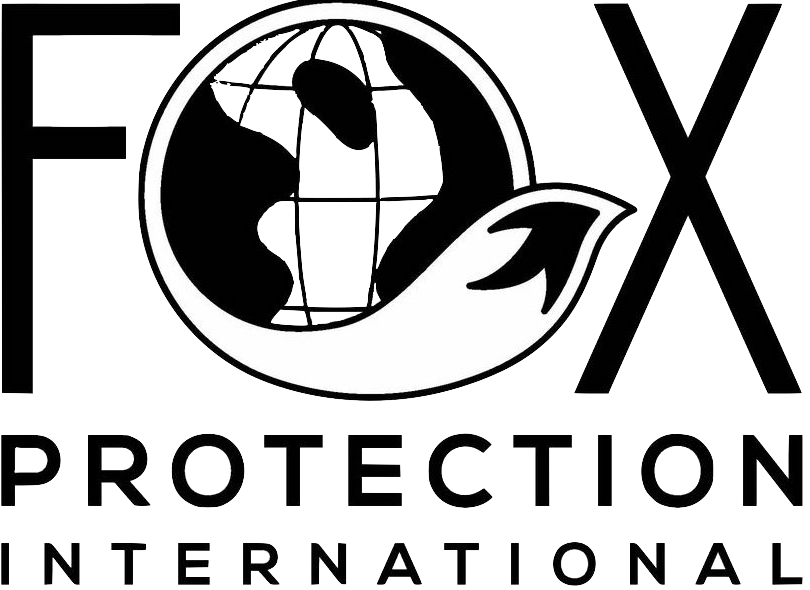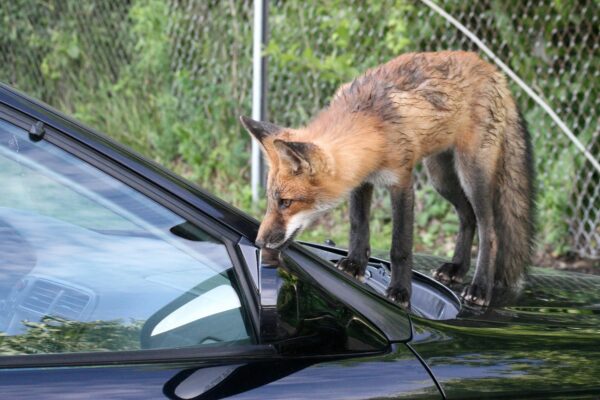Habitat Destruction and its Effects on the Ecosystem
By: Xaz-Leighnne Jacobe
Elimination of the conditions necessary for animals and plants to survive, not only impacts the individual species but the global ecosystem. As it is to all wildlife, one of the most disastrous threats foxes face is habitat loss. Destroying habitats negatively impacts the global ecosystem. Loss of habitat is primarily caused by humans through deforestation — to make way for buildings or agriculture. This can sometimes push foxes to neighboring suburban areas, where they may encounter increased human-wildlife conflicts or be hit by vehicles while finding new shelter.
The increase of foxes in suburban areas may increase the need for them to be hunted or trapped because they are often perceived as pests. Although fox populations, especially the red fox, as generally stable, affecting habitats impacts the ecosystem as a whole. Foxes help control rodents and rabbits and also help disperse seeds. Therefore, decreasing fox numbers would increase the population of the animals they prey on and plant biodiversity would decline.
Humane Fox Deterrents:
One of the main reasons why foxes are detested is because they disturb crops and livestock. A humane way of keeping foxes off property would be to install fencing that foxes cannot jump over or dig under. There are also chemical deterrence sprays which have the effect of making foxes believe a larger or stronger fox has moved into the area. Motion-activated sprinklers can deter foxes by shooting out a jet of water and ultrasonic fox deterrents are also available.
Meet the author:
Xaz is in her final year at Liverpool John Moore University earning her LLB. Her interest in fox protection began during her “Animal Welfare and the Law” module, which inspired her to undertake research on how we can help foxes.
Photo Credit: “Carjacking” by Mary Lee Agnew with permission

